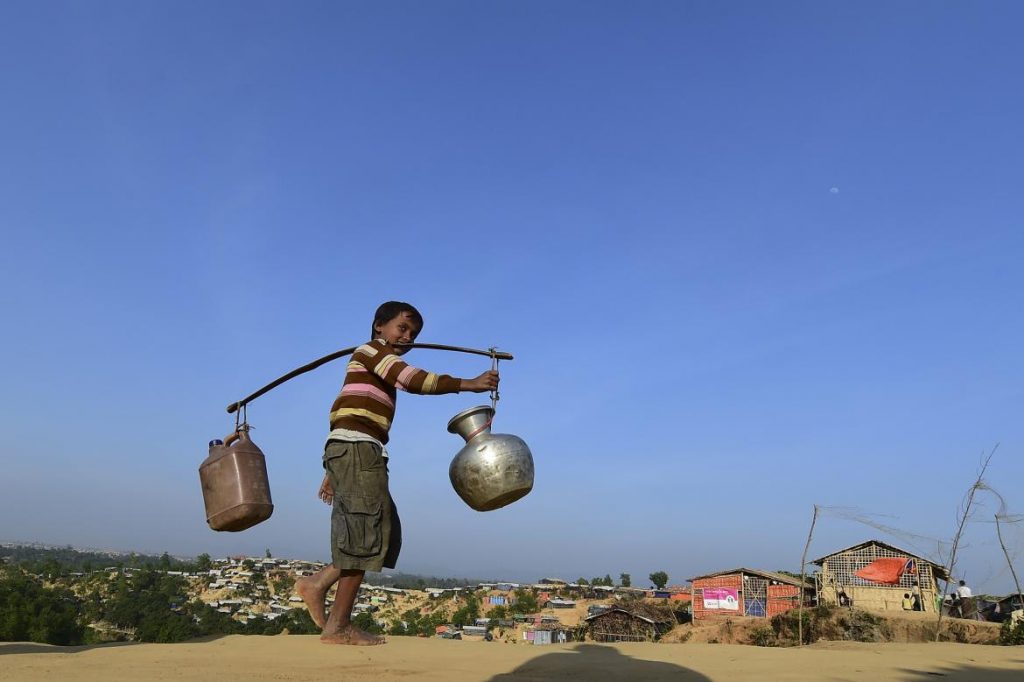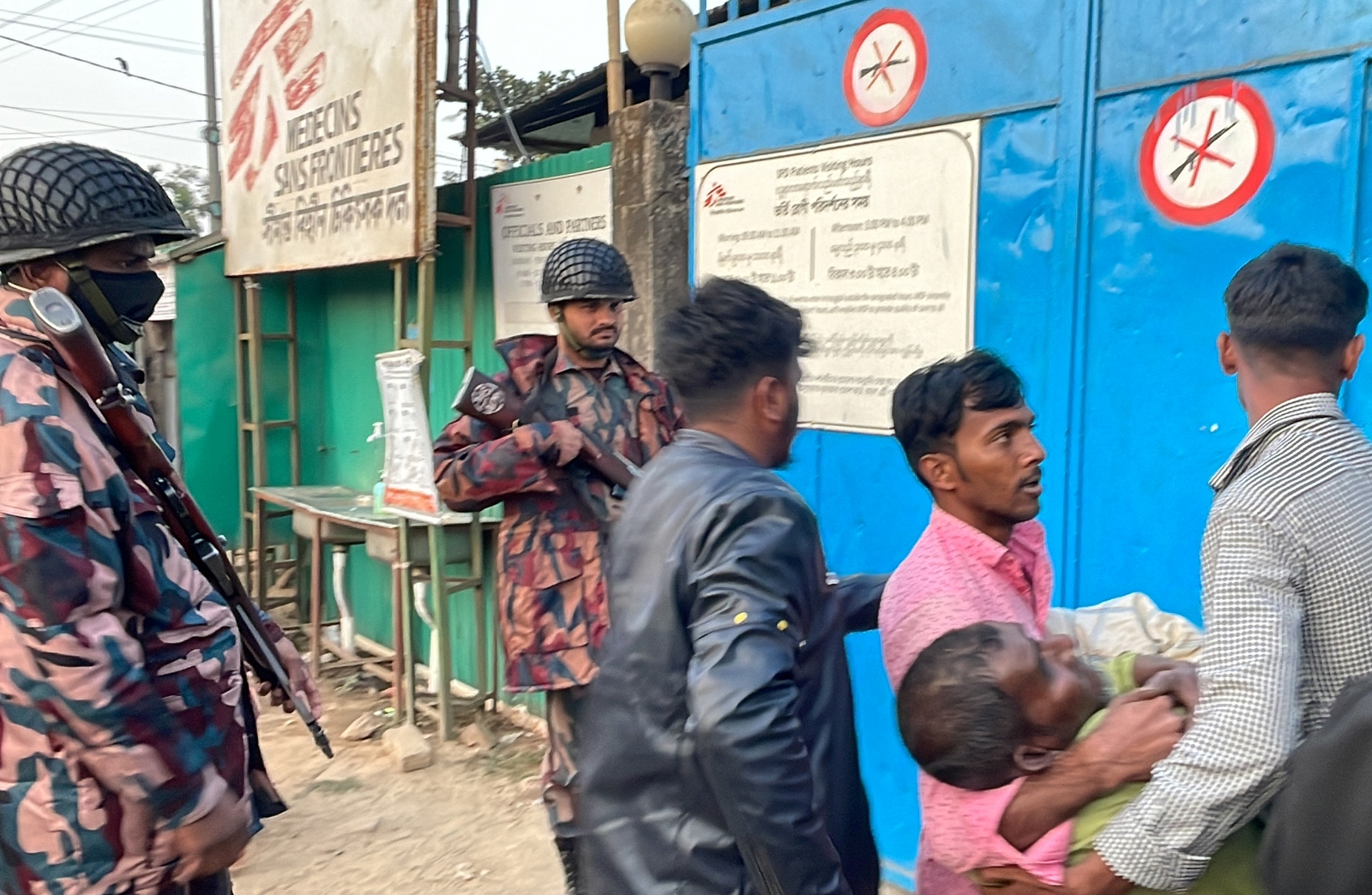By SEAN GLEESON | FRONTIER
YANGON — Denial of access to food, abductions and threats by security forces have forced more Rohingya refugees across the border into Bangladesh, Amnesty said Thursday, as delays in a bilateral repatriation deal continue.
Based on interviews with newly arrived refugees in the Balukhali and Kutupalong refugee camps, the London-based rights organisation said fresh abuses had precipitated a new refugee exodus from northern Rakhine State in December and January.
“Shielded by official denials and lies, and a concerted effort to deny access to independent investigators, Myanmar’s military continues to get away with crimes against humanity,” said Amnesty senior crisis advisor Matthew Wells.
“Myanmar’s security forces are building on entrenched patterns of abuse to silently squeeze out of the country as many of the remaining Rohingya as possible.”
Support more independent journalism like this. Sign up to be a Frontier member.
Refugees who stayed in northern Rakhine through the worst of last year’s violence told Amnesty they had finally been forced to leave after authorities prevented them from harvesting rice in November and December.
Others reported the theft of livestock, often during or after attacks on Rohingya villages by Tatmadaw soldiers and vigilante groups.
Elsewhere, Amnesty documented three cases of the abduction and disappearance of Rohingya women and girls by soldiers in January.
Nearly 700,000 refugees have fled northern Rakhine since last August, when the Tatmadaw launched a brutal response to attacks on security posts by the Arakan Rohingya Salvation Army.
Medecins Sans Frontieres estimates that at least 6,700 Rohingya were killed in the first month of the violence alone.
Military and civilian leaders in Myanmar have trenchantly denied allegations of widespread abuses by security forces during the crackdown.
State media on Saturday carried a government denial of an Associated Press report of five Rohingya mass graves in Buthidaung Township’s Gu Dar Pyin village, saying locals had “not heard of any massacres near their village”.
Satellite imagery in December, recorded by American company Digital Globe, shows the widespread destruction of homes in the village in the aftermath of the security crackdown.
The Office of Tatmadaw chief Senior General Min Aung Hlaing admitted last month that army soldiers participated in the slaughter of 10 Rohingya villagers who had been detained in the coastal town of Inn Din.
An earlier investigation published by the Tatmadaw’s True News Information Team said the army had not used unlawful force during the crackdown.
Most recent arrivals Amnesty spoke to lived in Buthidaung, a township less severely affected by the initial violence that ravaged large stretches of Maungdaw and Rathedaung.
Nearly six months after the crackdown, restrictions on humanitarian access remain in place throughout northern Rakhine State.
Delays have halted the planned repatriation of Rohingya refugees under a bilateral deal between Myanmar and Bangladesh, which was due to commence on January 23.
Amnesty has criticised the international response to the Rakhine crisis, calling for an arms embargo and targeted sanctions against the Tatmadaw along with a full restoration of humanitarian access.







